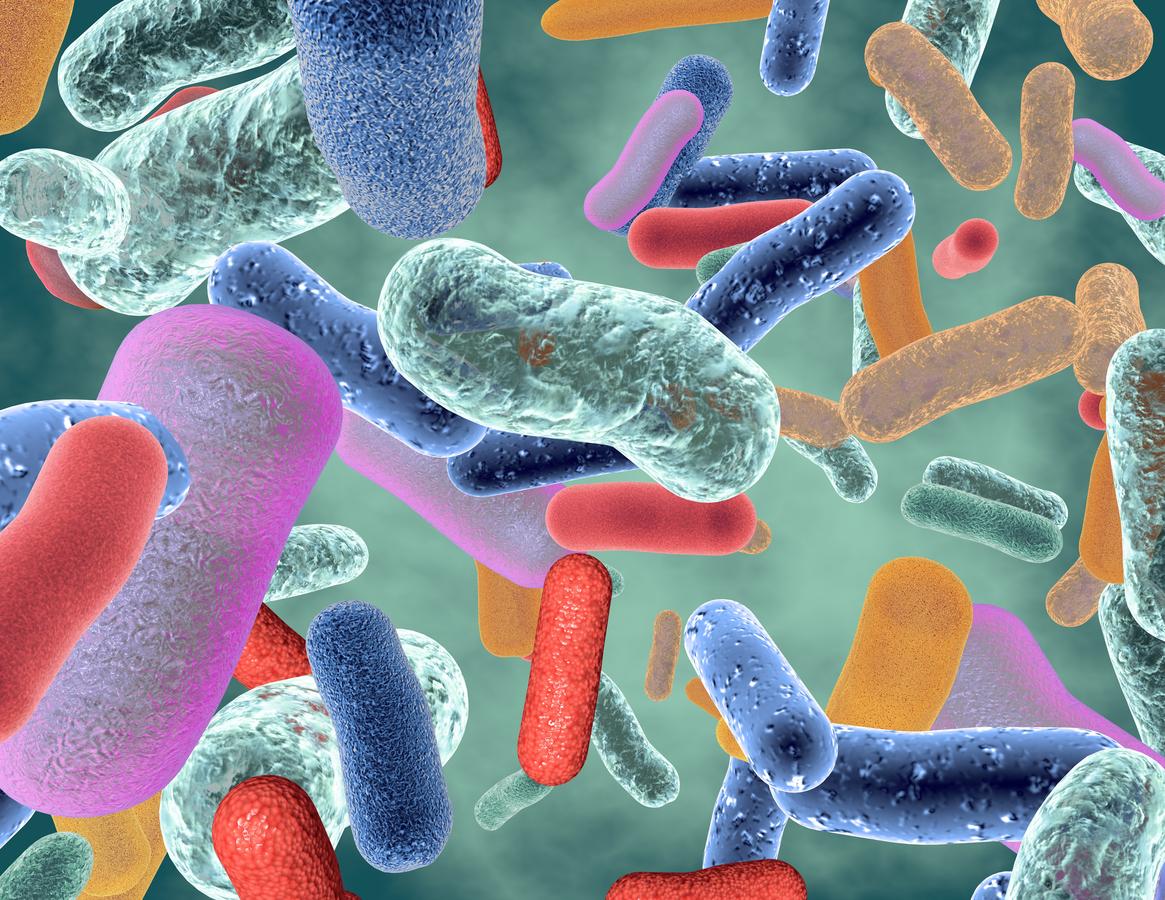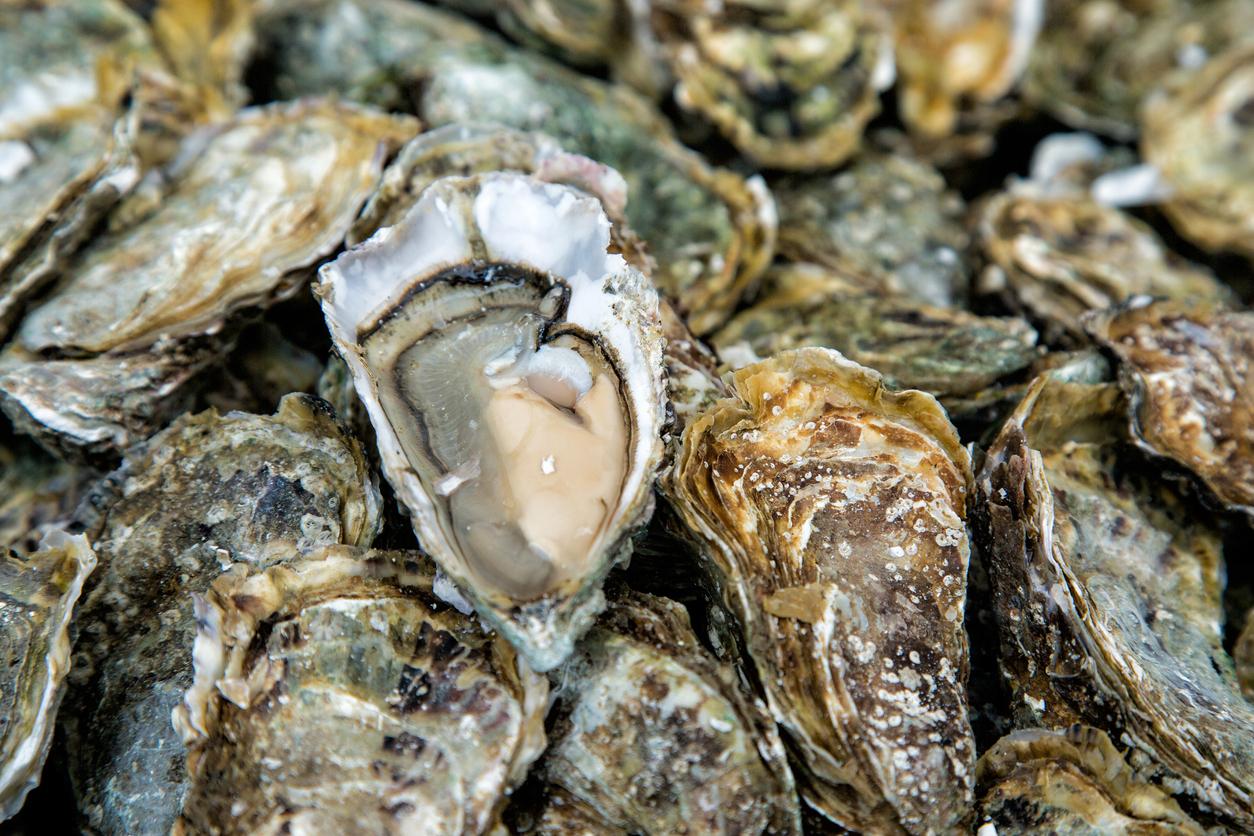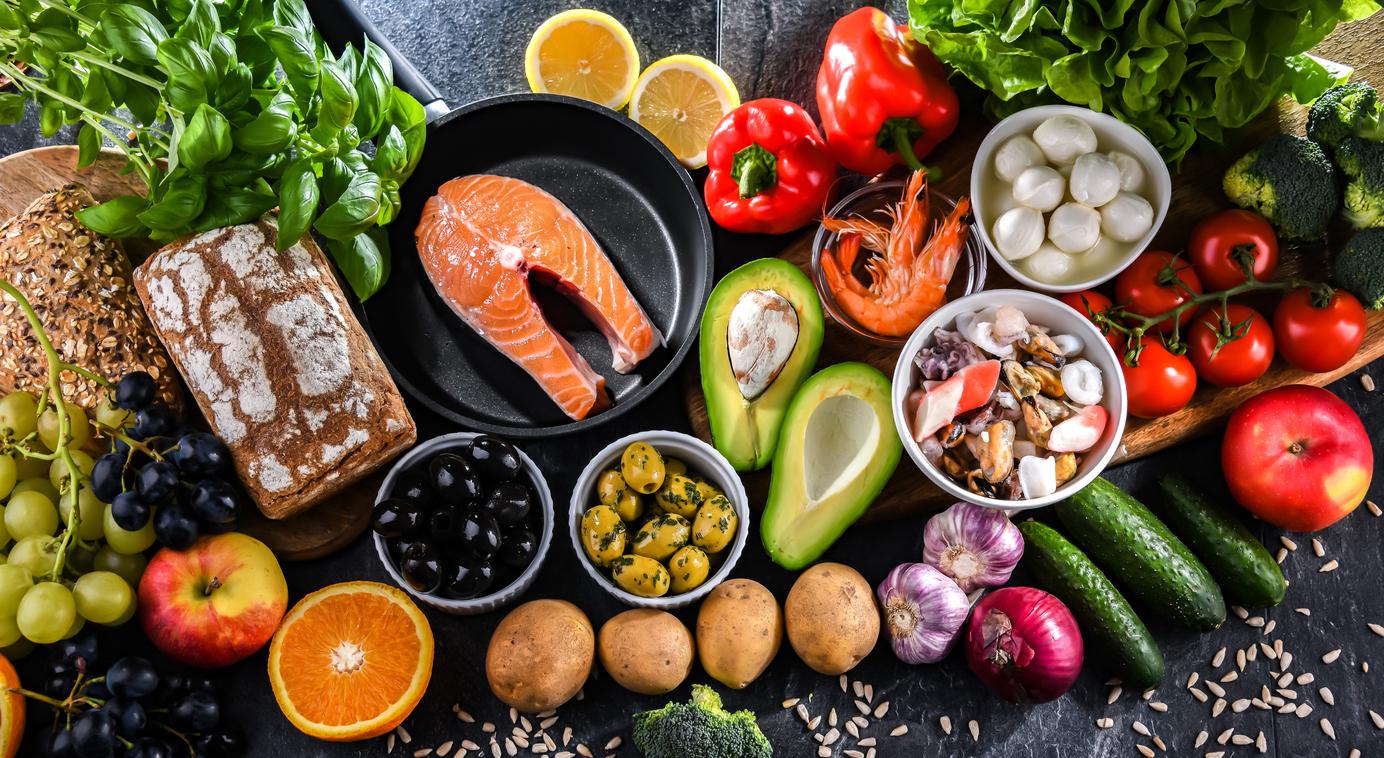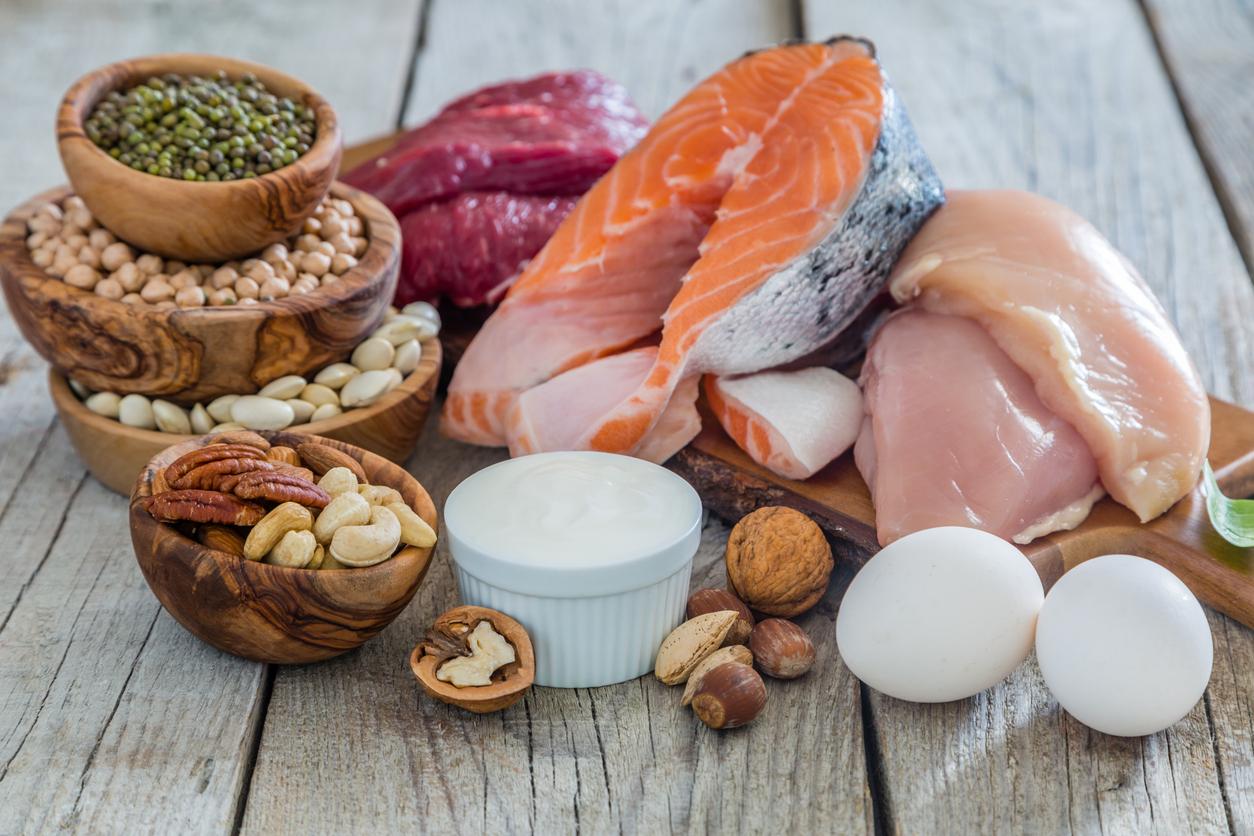High-protein diets may play a role in the composition of the gut microbiome, a study finds.

- By conducting a series of experiments on mice, researchers confirmed that a protein diet induces significant weight loss and a reduction in body fat.
- “Protein supplementation also led to changes in the abundance and composition of gut bacteria.”
- “The most significant changes occurred in the group of branched-chain amino acids.”
“Despite increasing protein intake in Western diets, particularly among athletes and obese individuals, the fate of undigested protein and its impact on human health remains largely unknown.” On the occasion of the annual meeting of theAmerican Society for Microbiologya team of researchers has shed new light on the effects of a protein-rich diet on the composition of the intestinal microbiota.
Protein diets and gut bacteria
By conducting a series of experiments on mice, scientists from the University of Illinois at Chicago, USA, were able to examine how excess undigested protein in the colon can ferment and produce beneficial metabolites, such as short-chain fatty acids, or lead to the production of harmful metabolites such as ammonia and sulfides, which are linked to gastrointestinal disorders and other health problems. They also confirmed that a protein diet induces significant weight loss and a reduction in body fat.
To study the effects of such a diet on the bacteria in the gut microbiome, the researchers then conducted a four-week experiment with mice. The mice were fed different diets: high-carbohydrate; standard protein; protein enriched with aromatic amino acids (associated with the greatest weight loss); or protein enriched with branched-chain amino acids for the next two weeks.
The effects of protein amino acids on the gut microbiome
Using fecal samples and body fat measurements, the researchers were able to compare microbial composition across food groups. They found that “Protein supplementation led to changes in the abundance and composition of gut bacteria”according to a communicatedUsing machine learning techniques, they were able to predict protein diets based on gut microbial composition 97% accurately. “The most significant alterations occurred in the group of branched-chain amino acids”they specify.
“These findings provide a crucial foundation for understanding how high-protein diets influence the gut microbiome and open the door to further studies on the role of diet in promoting a healthy gut and overall health.”concludes biologist Samson Adejumo, lead author of the research.














